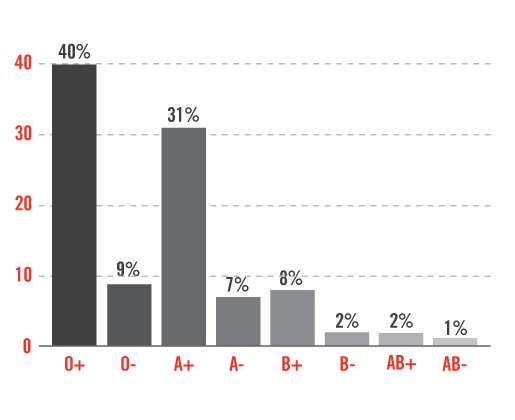

Firstly, we find out which donors are carriers for sickle cell disease, and we are able to inform them accordingly. When a donor enrols asking the laboratory to do a “sickle cell test” helps in two ways. How are Afro-Caribbean donors identified? Therefore we need to find donors who also have these special blood groups and they will mostly be Afro-Caribbean donors. As you may know, this inherited condition most commonly occurs in black people and these are the people who, as we have seen, have “special” blood groups. One group of patients who may have blood transfusions are those with sickle cell disease. Patients who receive many blood transfusions do develop antibodies to blood groups other than their own and this can make it very difficult to find blood which will be compatible with them. Blood of the same ABO and Rh group can be transfused with no need to match for any of the blood groups. An individual who has never received a blood transfusion is unlikely to possess any antibodies. Before any blood transfusion is given, the hospital would check the patient’s ABO and Rh group and test to see if the blood contained antibodies to a selection of other blood groups. Why do we need blood with these special groups?īriefly, for patients with these special groups. When we look at some of the other blood group systems we can see some interesting differences between their distribution in black and white people: Group B is fairly uncommon in Europeans – 14%, but 35% of Chinese have this group. For example, 85% of Europeans are Rh (Rhesus) D positive, about 95% of West Africans are Rh D positive but among the Chinese the figure is 100%. Very often it is, because the distribution of blood groups varies throughout the world. Is blood from Afro-Caribbean donors different? When we look at these we realise that the combinations are endless, and that no two people (except identical twins) will have exactly the same blood groups. However, there are many more blood groups (about 23) which can be identified. When you become a blood donor you are grouped as Group O, Group A, Group B or Group AB, and your blood donor certificate book also tells you whether you are Rh (Rhesus) D negative or positive. It is not endorsed by the Sickle Cell Society and does not form part of our Information Standard-accredited information The information presented in this article came from the Blood Transfusion ServiceĪs you probably know, your blood group is inherited from your parents. What is your blood type? Donate and find out.This is a report on external research. Nearly 16 million blood components are transfused each year in the U.S." For more about plasma donation, visit the plasma donation facts. The universal plasma donor has Type AB blood. The universal red cell donor has Type O negative blood. The need for O+ is high because it is the most frequently occurring blood type (37% of the population). However, the need for O negative blood is the highest because it is used most often during emergencies. Only 7% of the population are O negative. Types O negative and O positive are in high demand.

Minority and diverse populations, therefore, play a critical role in meeting the constant need for blood. Type O is routinely in short supply and in high demand by hospitals – both because it is the most common blood type and because type O negative blood is the universal blood type needed for emergency transfusions and for immune deficient infants.Īpproximately 45 percent of Caucasians are type O (positive or negative), but 51 percent of African-Americans and 57 percent of Hispanics are type O. Why? O negative blood can be used in transfusions for any blood type. Universal donors are those with an O negative blood type.


 0 kommentar(er)
0 kommentar(er)
